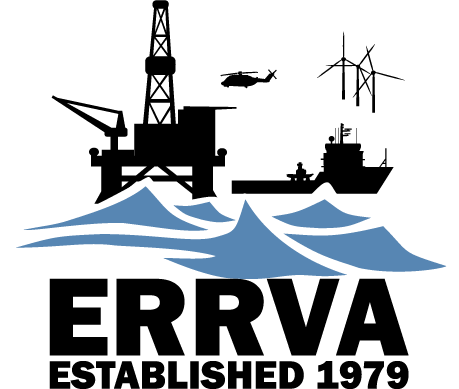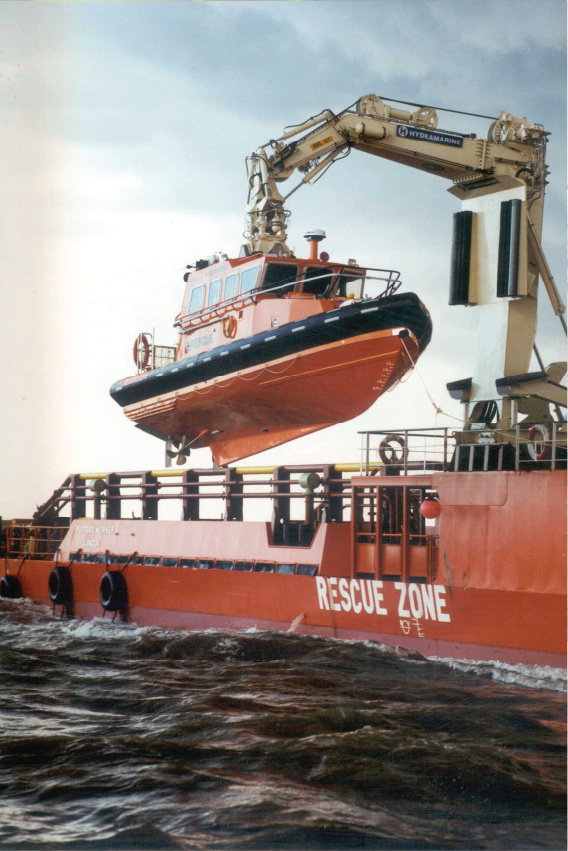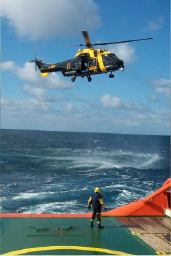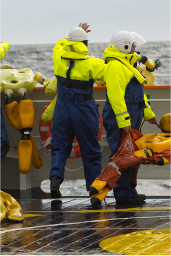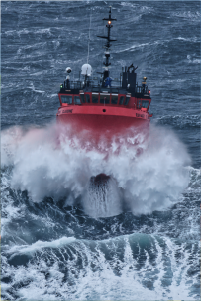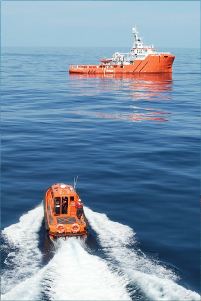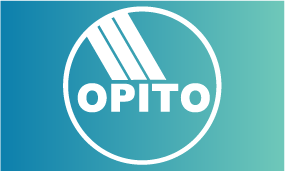
Who is OPITO?
OPITO, the Offshore Petroleum Industry Training Organisation, is a globally recognised, industry-owned, not-for-profit body committed to establishing minimum training and competence standards for offshore energy workers. They diligently transform industry policies into comprehensive Training Standards and approve Training Providers to conduct the necessary training.
Additionally, OPITO audits these providers to ensure compliance with the established standards. As the custodian, OPITO not only maintains and updates these standards but also continuously develops them to meet the evolving needs of the energy industry.
Development and Governance of Training Standards for ERRV Crews
Training Standards are developed using a national competence model. This involves analysing the functions required to handle an offshore emergency and creating Statements of Competence. These statements outline what personnel need to do in an emergency.
The competence-based process identifies and develops:
- Expected duties of crew members.
- Required knowledge and skills.
- Demonstration methods for expected performance.
- Assessment methods for performance.
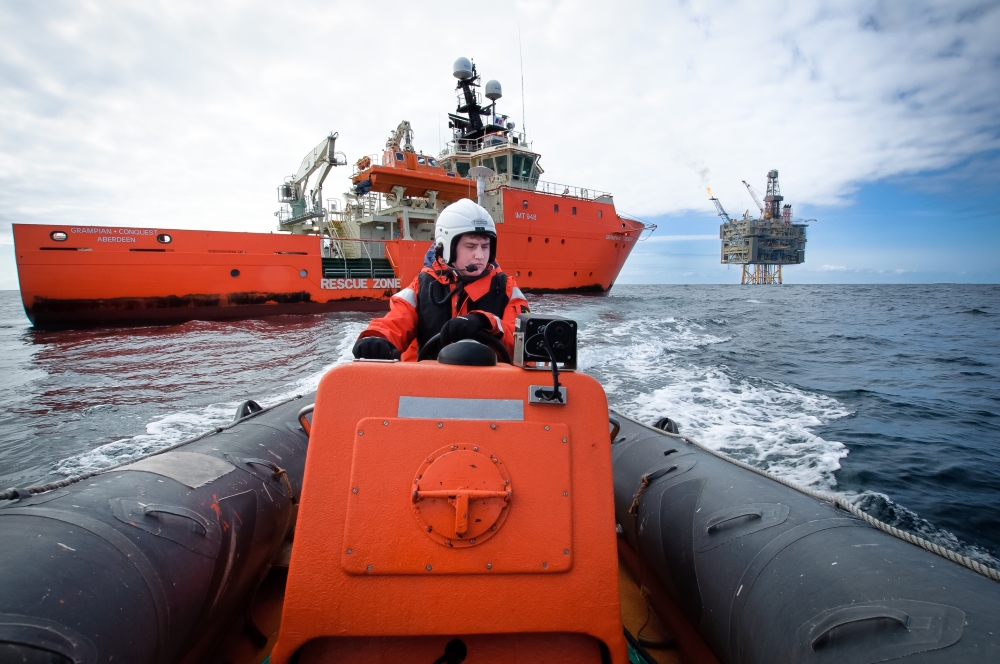
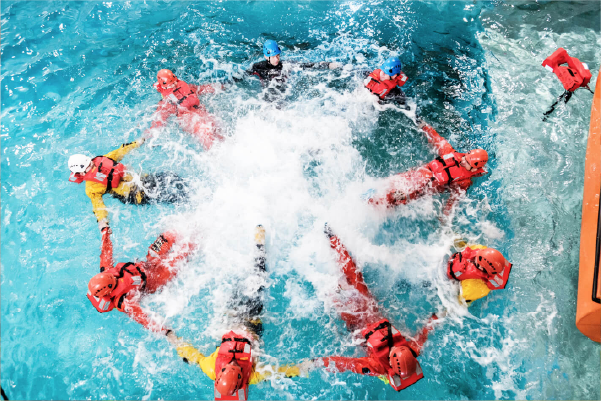
This identified knowledge and skills form the content of the Ongoing Onboard Development and Training Programme (OODTP) for offshore distance learning. This approach ensures that the content is relevant and focused on effective development and training.
The Role of the Training Providers
Training Providers are industry-based organisations approved by OPITO to conduct training according to the Training Standard and Product Specification Document. Their role is to ensure that high training standards meet all competency levels required in the Recovery and Rescue Vessel industry. They are specifically responsible for ensuring training meets accreditation standards set by OEUK, MCA, and HSE.
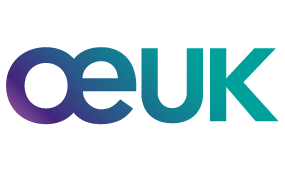
OEUK is the representative organisation for the UK offshore energy industry. Its members are companies licensed by the Government to explore and produce energy in UK waters. OEUK’s mission is to strengthen the long-term health of the UK offshore energy industry through cooperative solutions involving industry, government, and all stakeholders.
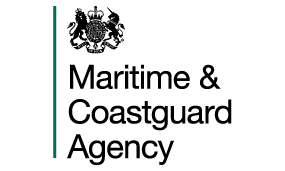
The Maritime and Coastguard Agency (MCA) is the UK’s Maritime Administration Body. It oversees marine safety for all vessels including ERRVs. The MCA is the Flag State organisation for UK vessels, and a member of the International Maritime Organisation (IMO). Its mission is primarily aimed at preventing loss of life, improving marine safety, and the protection of the marine environment.
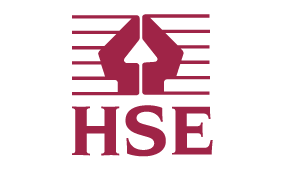
The UK Health and Safety Executive’s (HSE) aim is to prevent major offshore accidents, improve injury rates, reduce work-related ill health, and decrease lost workdays. The HSE collaborates with industry to make the UKCS the safest offshore sector in the world and continually improves the working environment.
Discover More
Offshore emergency response vessels (ERRV) play a pivotal role in ensuring safety and operational efficiency in maritime environments. From adhering to guidelines to offering essential services, ERRVA’s contributions are multifaceted and indispensable. Discover more about how ERRVA keeps the offshore sector secure and efficient
